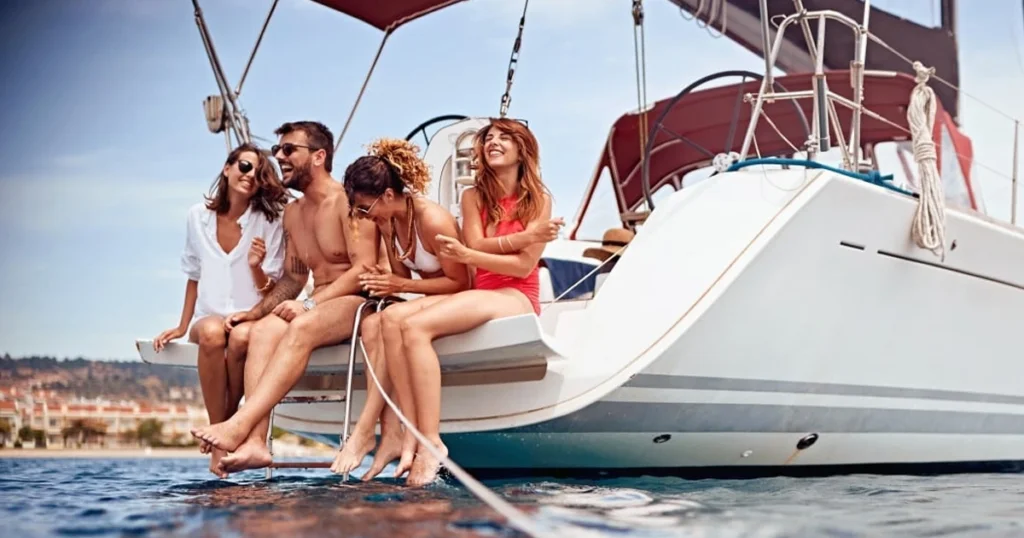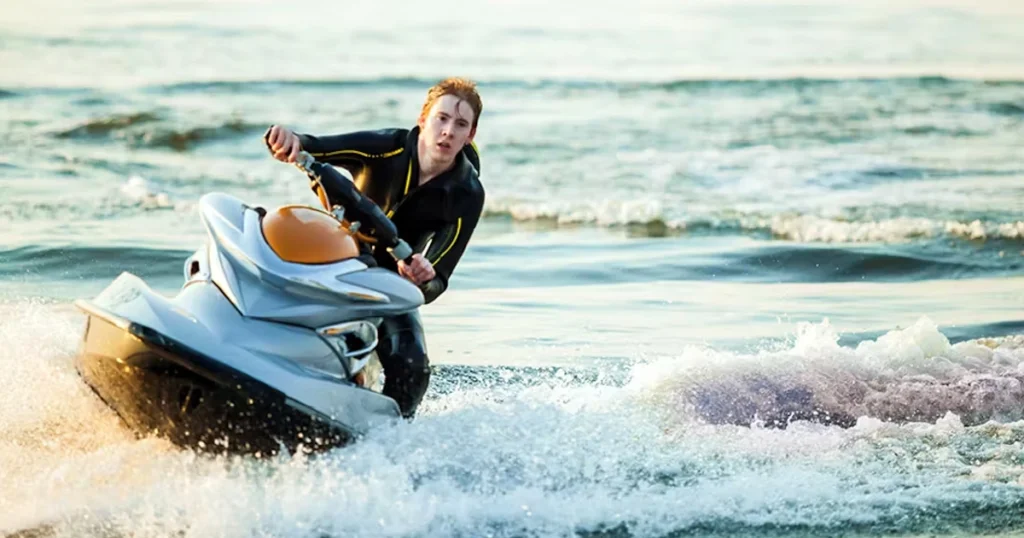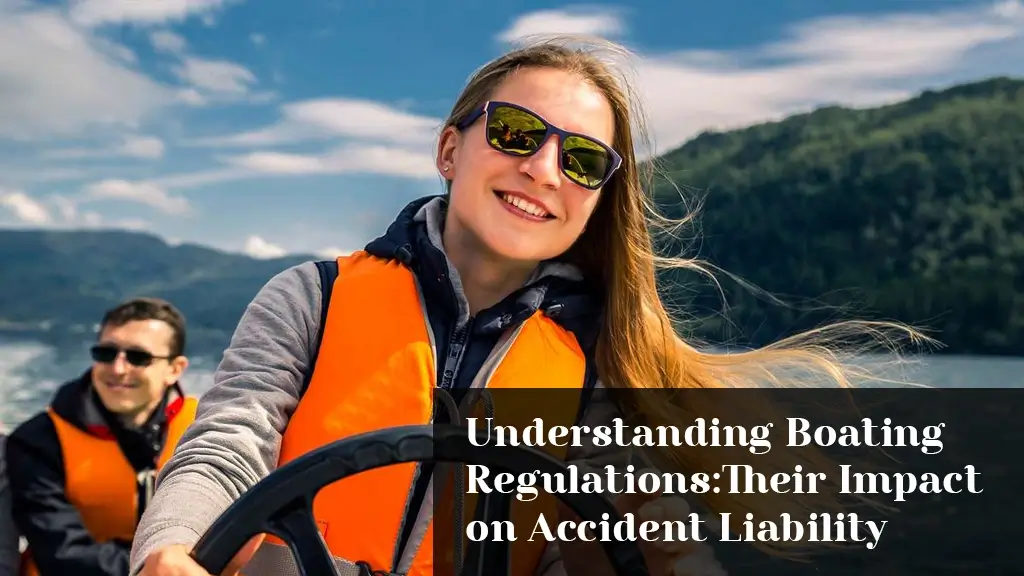Introduction
Boating can be a fun and exciting way to spend time with family and friends. Whether you are fishing, sailing, or just cruising on a sunny day, being on the water is often a great experience. However, just like driving a car, there are rules and regulations that boaters must follow. These rules help keep everyone safe and reduce the chances of accidents. When accidents do happen, understanding these regulations can be very important for determining who is responsible. This blog will explain some of the key boating regulations and how they affect accident liability.

Importance of Boating Regulations
Boating regulations are laws created to keep everyone safe while they enjoy the water. These rules can vary from state to state, but they generally cover similar topics. Some important regulations include the requirement to wear life jackets, rules about speed limits, and guidelines for operating a boat under the influence of alcohol. Each of these regulations plays a significant role in preventing accidents and ensuring that boaters act responsibly.
Life Jacket Requirements
One of the most important rules is the requirement to wear life jackets. Life jackets are designed to keep people safe if they fall into the water. In many states, children under a certain age are required to wear life jackets at all times while on a boat. Even if there are no children on board, it is a good idea for everyone to wear a life jacket. If someone falls overboard or if the boat capsizes, a life jacket can save their life. If an accident occurs and it is found that someone was not wearing a life jacket when they should have been, this can affect liability. This means that the person who was not wearing the life jacket may be considered partly responsible for their injuries.

Speed Limits on the Water
Another important regulation is the speed limit. Just like on the road, boats have speed limits that they must follow. These limits can vary depending on the area. For example, in crowded areas or near docks, the speed limit is often lower to ensure the safety of everyone. If a boater is speeding and causes an accident, they may be held responsible for any injuries or damages that occur. Following speed limits is crucial not only for safety but also for determining who is liable in the event of an accident.
Boating Under the Influence
Boating under the influence of alcohol is another serious issue that regulations address. Just like driving a car, operating a boat while intoxicated is illegal and dangerous. Alcohol can impair a person’s ability to make good decisions and react quickly, which is especially important on the water. If a boater is found to be under the influence at the time of an accident, they can face severe penalties, including fines and even jail time. Moreover, they may be held liable for any injuries or damages caused by the accident. This means that drinking and boating are not only unsafe but can also lead to serious legal consequences.
General Safety Practices
In addition to these specific regulations, boaters must also be aware of general safety practices. For example, it is important to keep a proper lookout while operating a boat. This means paying attention to other boats, swimmers, and any obstacles in the water. If an accident occurs because a boater is not paying attention, they may be found liable for the accident. Understanding the importance of being aware of one’s surroundings can help prevent accidents and make the water safer for everyone.
Required Safety Equipment
Another aspect of boating regulations is that boaters are required to have certain safety equipment on board. This equipment can include fire extinguishers, flares, and first aid kits. Having the right safety gear can make a big difference in an emergency. If an accident occurs and it is discovered that a boater does not have the required safety equipment, this could also affect liability. The lack of safety gear might be seen as negligence, which could lead to the boater being held responsible for any injuries or damages.
Regulations for Personal Watercraft
Boating regulations also apply to personal watercraft, like jet skis. These types of watercraft have their own set of rules, and operators must follow them just like any other boat. For example, many states require operators of personal watercraft to be a certain age or to complete a safety course. If someone operates a personal watercraft without following these rules and causes an accident, they can be held liable for the damages.
Conclusion
In conclusion, understanding boating regulations is crucial for anyone who enjoys spending time on the water. These rules are designed to keep everyone safe and help prevent accidents. When accidents do happen, knowing the regulations can help determine who is responsible for any injuries or damages. By following the rules, wearing life jackets, obeying speed limits, and avoiding alcohol while boating, we can all do our part to ensure a safe and enjoyable experience on the water. Remember, safety should always come first, and understanding the laws can help protect you and others while enjoying the beauty of boating.

